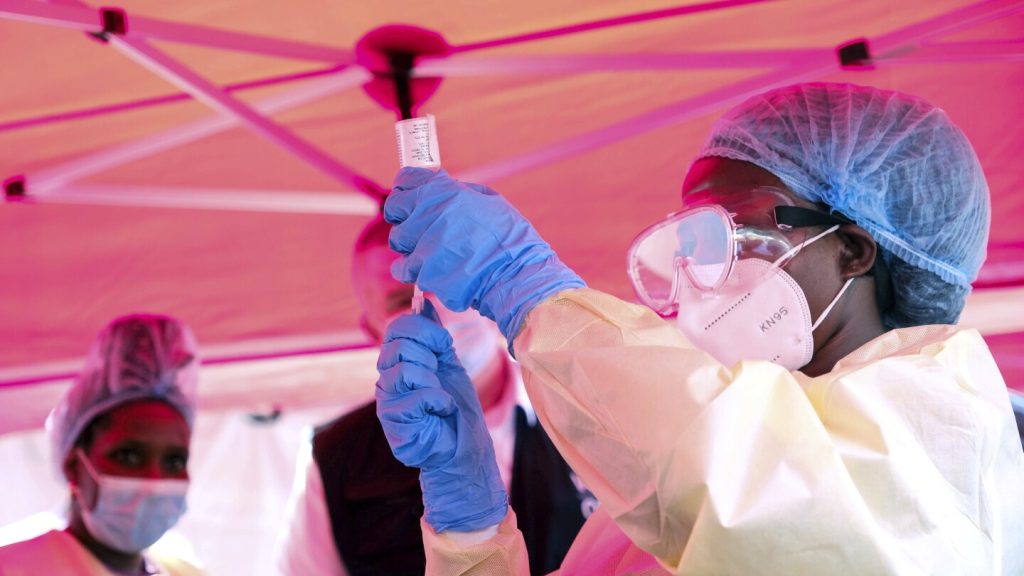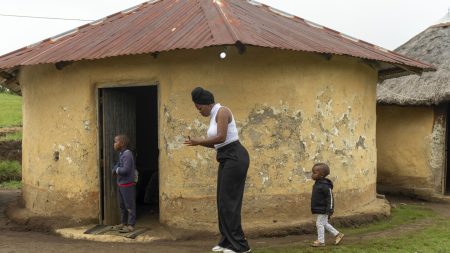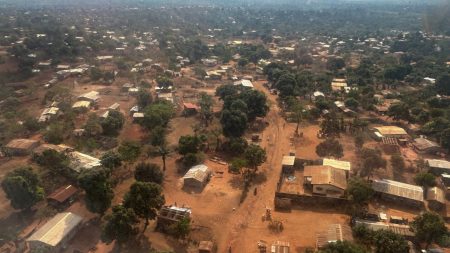Understanding the Ebola Outbreak in Uganda: Current Situation and Response
Introduction to the Outbreak
Uganda is currently facing an Ebola outbreak, with nine confirmed cases as of the latest reports from health authorities. Among these cases, one fatality has been recorded—a male nurse who passed away just a day before the outbreak was officially declared on January 30. The remaining eight patients are receiving medical care and are reported to be in stable condition. Seven of these patients are being treated at the main public hospital in Kampala, the capital city of Uganda, while one is undergoing treatment in the eastern district of Mbale. Health officials have emphasized that the situation is under control, thanks to heightened surveillance and proactive measures being taken to monitor and contain the spread of the virus.
The Response and Challenges
The Ugandan Health Ministry has confirmed that 265 people are under quarantine as part of contact tracing efforts. Contact tracing is a critical component of controlling the spread of Ebola, as it helps identify individuals who may have been exposed to the virus and ensures they receive timely medical attention if symptoms develop. The mobile nature of Kampala’s population, which numbers around 4 million people, presents a unique challenge for health officials working to track and contain the outbreak. The source of the current outbreak is still under investigation, and understanding how the virus was introduced into the population is key to preventing further spread.
The Medical Challenge: The Sudan Strain of Ebola
One of the significant challenges in addressing this outbreak is the fact that the Sudan strain of Ebola, which is responsible for the current cases, does not have an approved vaccine. While vaccines exist for other strains of Ebola, such as the Zaire strain, the Sudan strain poses a unique challenge due to the lack of a widely available and approved vaccination. However, health authorities have launched a clinical study to test the safety and efficacy of a trial vaccine, which could potentially be used to stem the spread of the virus. This proactive approach to finding a solution highlights the commitment of Ugandan health officials to protecting their population and preventing further outbreaks.
The Origin of the Outbreak and Its Spread
The deceased male nurse, who was the first reported victim, had initially sought treatment in Kampala before traveling to Mbale, where he was admitted to a public hospital. Health officials have also noted that the nurse had sought the services of a traditional healer, a common practice in many parts of Africa. This highlights the importance of engaging with traditional healers and community leaders in public health efforts, as they can play a critical role in encouraging individuals to seek medical care early and adhere to public health guidelines. The nurse’s relatives are among those being treated for Ebola, underscoring the virus’s ability to spread quickly within families and close-knit communities.
Lessons from Past Outbreaks
This is not Uganda’s first experience with Ebola. The last major outbreak in the country occurred in September 2022 and lasted for four months, resulting in at least 55 fatalities. The lessons learned from that outbreak have likely informed the current response, with health officials placing a strong emphasis on contact tracing, quarantine, and community engagement. Ebola is known to spread through contact with the bodily fluids of an infected person or through contaminated materials, making it essential to implement strict infection control measures in healthcare settings and within affected communities.
Conclusion: The Path Forward
Ebola is a viral hemorrhagic fever that can manifest with symptoms such as fever, vomiting, diarrhea, muscle pain, and in severe cases, internal and external bleeding. The origins of an Ebola outbreak are often linked to contact with infected animals or the consumption of raw meat from such animals, and scientists suspect that the first case in any outbreak, known as the index case, likely acquires the virus through such means. Since its discovery in 1976 in simultaneous outbreaks in South Sudan and Congo, Ebola has been a significant public health concern in Africa, with its name derived from the Ebola River near the village where it was first identified.
As Uganda works to control the current outbreak, the country’s health authorities, in collaboration with international partners, are taking a multifaceted approach that includes medical care, contact tracing, community education, and research into potential vaccines. The support and cooperation of the affected communities will be crucial in bringing this outbreak under control and preventing future occurrences. With continued vigilance and a coordinated effort, Uganda can overcome this challenge and safeguard the health of its population.












